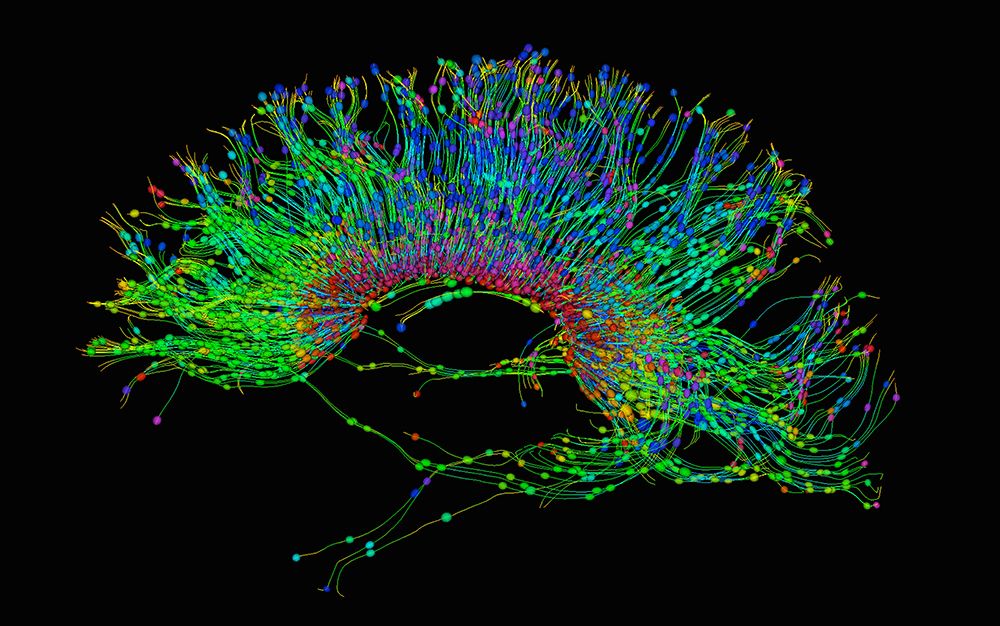by CALEB SCHARF
 PHOTO/Cultura/Gallery Stock
PHOTO/Cultura/Gallery Stock
Intelligence could have been moving back and forth between biological beings and machine receptacles for aeons
As a species, we humans are awfully obsessed with the future. We love to speculate about where our evolution is taking us. We try to imagine what our technology will be like decades or centuries from now. And we fantasise about encountering intelligent aliens – generally, ones who are far more advanced than we are. Lately those strands have begun to merge. From the evolution side, a number of futurists are predicting the singularity: a time when computers will soon become powerful enough to simulate human consciousness, or absorb it entirely. In parallel, some visionaries propose that any intelligent life we encounter in the rest of the Universe is more likely to be machine-based, rather than humanoid meat-bags such as ourselves.
These ruminations offer a potential solution to the long-debated Fermi Paradox: the seeming absence of intelligent alien life swarming around us, despite the fact that such life seems possible. If machine intelligence is the inevitable end-point of both technology and biology, then perhaps the aliens are hyper-evolved machines so off-the-charts advanced, so far removed from familiar biological forms, that we wouldn’t recognise them if we saw them. Similarly, we can imagine that interstellar machine communication would be so optimised and well-encrypted as to be indistinguishable from noise. In this view, the seeming absence of intelligent life in the cosmos might be an illusion brought about by our own inadequacies.
There is also a deeper message laid bare within our futurist projections. Our notions about the emergence of intelligent machines expose our fantasies (often unspoken) about what perfection is: not soft and biological, like our current selves, but hard, digital and almost inconceivably powerful. To some people, such a future is one of hope and elevation. To others, it is one of fear and subjugation. Either way, it assumes that machines sit at the pinnacle of the evolution of consciousness.
Superficially, the logic behind the conjectures about cosmic machine intelligence appears pretty solid. Extrapolating the trajectory of our own current technological evolution suggests that with enough computational sophistication on hand, the capacity and capability of our biological minds and bodies could become less and less attractive. At a certain point we’d want to hop into new receptacles, custom-built to suit whatever takes our fancy. Similarly, that technological arc could take us to a place where we’ll create artificial intelligences that are either indifferent to us, or that will overtake and subsume (or simply squish) us.
Biology is not up to the task of sustaining pan-stellar civilisations or the far-future human civilisation, the argument goes. The environmental and temporal challenges of space exploration are huge. Any realistic impetus to become an interstellar species might demand robust machines, not delicate protein complexes with fairly pathetic use-by dates. A machine might live forever and copy itself perfectly, unencumbered by the error-prone flexibility of natural evolution. Self-designing life forms could also tailor themselves to very specific environments. In a single generation they could adapt to the great gulfs of time and space between the stars, or to the environments of alien worlds.
Aeon for more
